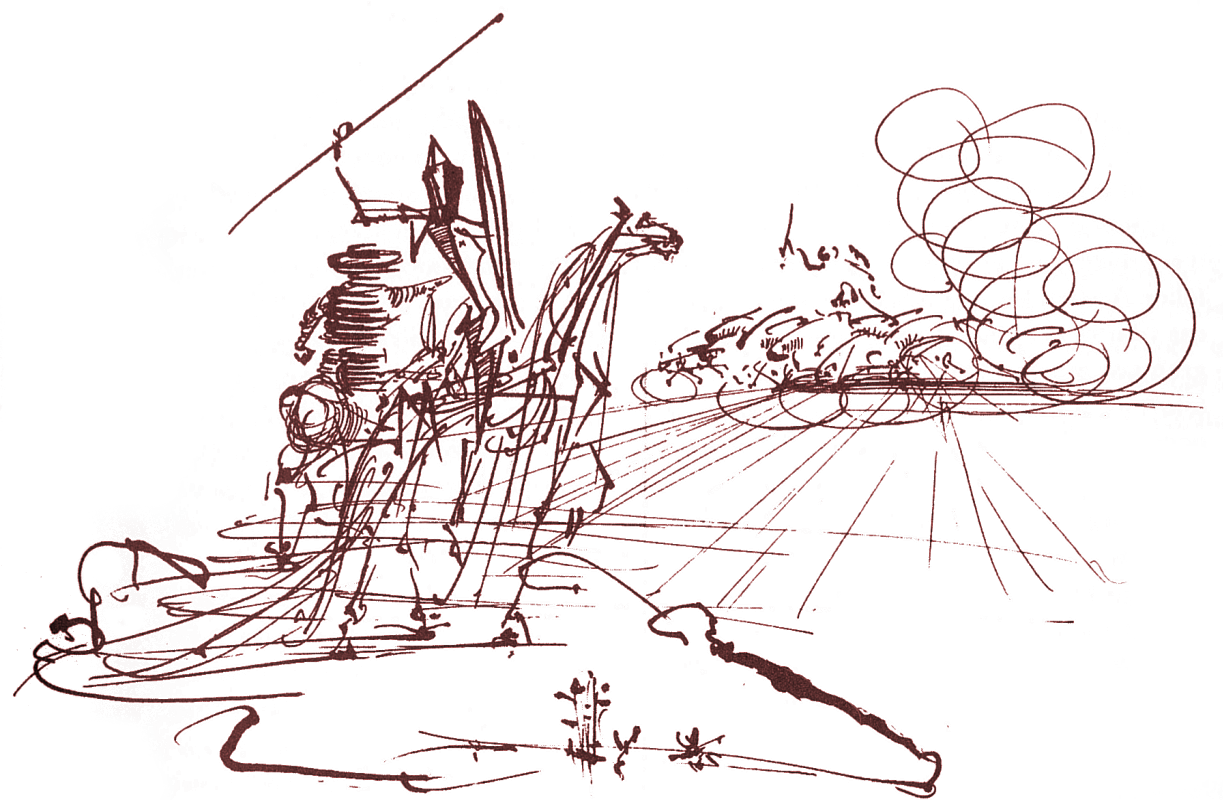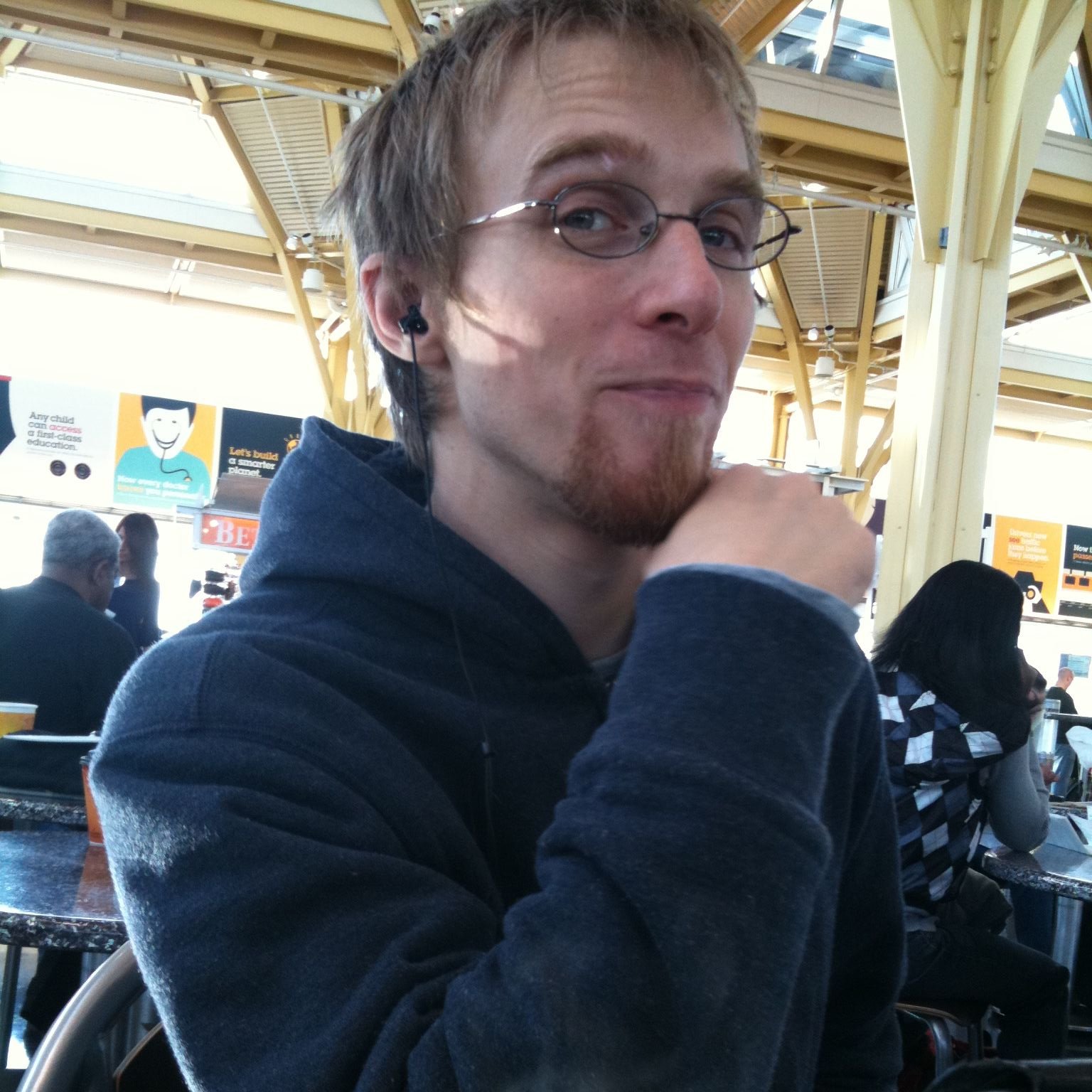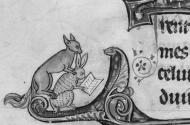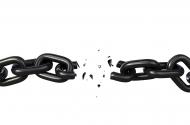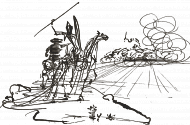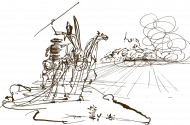I recently decided to cut caffeine from my diet entirely. In the wake of a three-day illness, I realized that I had past the period of physical withdrawal, and decided to experiment.
I started thinking about my attachment to coffee as not only part of what I do, and what I really, really like (I like it so much I get headaches when I don't drink it), but as part of my identity.
I think that we are far too attached to who we are by the small pains of ritual and habit. We are bound to what we do by what we do. In order to change we must be willing to actively subvert who we are through the little things in our lives.
This is what is so repellent about dogma itself. It discourages the seeker from experimentation with truth in order to come to one's own conclusions. This, in turn, is what individuals find difficult about faith itself. Faith is the swallowing of dogma, which, to swallow something as large as Christianity all at once, causes the individual to swell unevenly like a python digesting a pig.
There was a reason why Ghandi's autobiography was entitled, "My Experiments With Truth."
But there is another kind of faith and belief that arises from the experimentation with truth, the faith that derives from the testing of belief within the crucible of one's own life.
It is this faith that is born mystic's path, to rip away the veil that separates God from the person and experience the divine for oneself. This kind of faith is subversive of the self, and of official dogmas, the result of a personal experiment with truth.
For instance, in Jesus' day worship of God was centralized in Jerusalem, under the authority of priest(s) (Caiphas) who collaborated directly with the Roman authorities to keep the Jewish populace contained and manageable for Roman authority. Worship apart from the temple was not acceptable. This created a ruling priest class who monetized sacrifice and marginalized monotheists remote from Jerusalem (i.e., the Samaritans).
Part of Jesus' work was to subvert this centralized authority by encouraging the personal experimentation with direct prayer to God, and his overturning of the money-lenders tables in the temple was designed to make the Judaism accessible to all people regardless of their geographic location.
It is ironic to centralize and formalize such iconoclasm. In doing so, one admits a Trojan horse into one's citadel of power.
